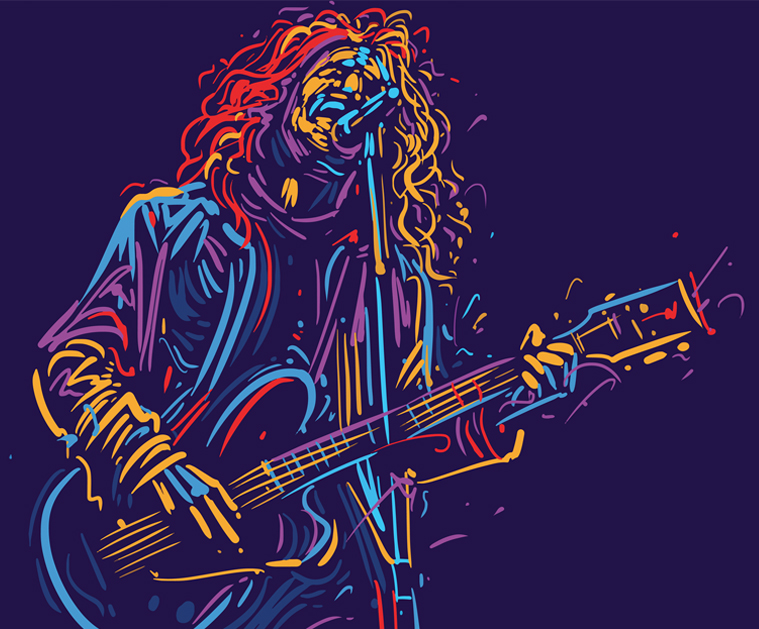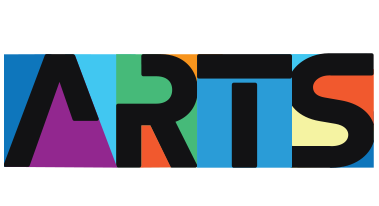Emotional wellness is a crucial aspect of overall well-being, yet it often takes a backseat in our hectic modern lives. Amidst this chaos, music emerges as a powerful tool for nurturing emotional health.
This article delves into how music can be effectively utilized for emotional wellness, drawing insights from scientific research and community experiences.
Understanding Emotional Wellness
Defining Emotional Wellness
Emotional wellness is about understanding, managing, and effectively expressing one’s feelings. It’s not merely the absence of mental health issues but involves actively striving for a balanced, fulfilling emotional state.
Challenges to Emotional Wellness in Modern Society
Today’s fast-paced, technology-driven world presents numerous challenges to emotional wellness. Stress, anxiety, and the isolating effects of digital interaction can take a toll on our emotional health.
The Science of Music and Emotion
How Music Affects the Brain
Research has consistently shown that music can profoundly impact our emotions and mood. Listening to music can trigger the release of dopamine, a ‘feel-good’ neurotransmitter. The elements of music – from tempo to melody – play a significant role in how we perceive and are affected by music.
Music Therapy: A Clinical Perspective
Music therapy, an established health profession, uses music to address physical, emotional, cognitive, and social needs. Clinical studies have evidenced its effectiveness in various settings, ranging from stress relief to cognitive and emotional development in children.
Music as a Tool for Emotional Wellness
Everyday Practices
Incorporating music into our daily routine can be a simple yet effective way to enhance emotional wellness. Different genres can serve different purposes: classical music might soothe and relax, while upbeat genres can energize and motivate.
Creating Personalized Music Experiences
Building personalized playlists can be a fun and effective way to manage one’s mood. Active engagement with music, like singing or playing an instrument, also has substantial benefits, offering a deeper, more immersive experience than passive listening.
Community and Music: The East End Arts Perspective
Music Programs at East End Arts
At East End Arts, we offer a variety of activities at our Music School, from group classes and private lessons to performances and community events. These programs provide not just skill development but also a means of emotional expression and connection.
Building Emotional Wellness through Community Engagement
Community music experiences play a vital role in fostering emotional wellness. Group activities, like choirs or ensemble performances, create a sense of belonging and collective joy, crucial for emotional health.
Overcoming Barriers to Using Music for Emotional Wellness
Accessibility and Inclusivity in Music Engagement
One significant barrier to using music for emotional wellness is accessibility. At East End Arts, we strive to break down these barriers by offering affordable, inclusive, and culturally diverse programs.
Encouraging a Broader Acceptance of Music Therapy
Despite its proven benefits, music therapy still faces challenges in widespread acceptance. Increasing awareness and understanding of music as a tool for emotional wellness is essential.
Conclusion
Music, with its universal appeal and profound emotional impact, is a potent tool for enhancing emotional wellness. From the scientific insights to the community experiences at East End Arts, it’s clear that engaging with music can play a significant role in our emotional health.
We encourage everyone to explore the power of music in their journey towards emotional wellness.
By integrating music into our lives and communities, we can strike the right chord for a healthier, more emotionally balanced world.






